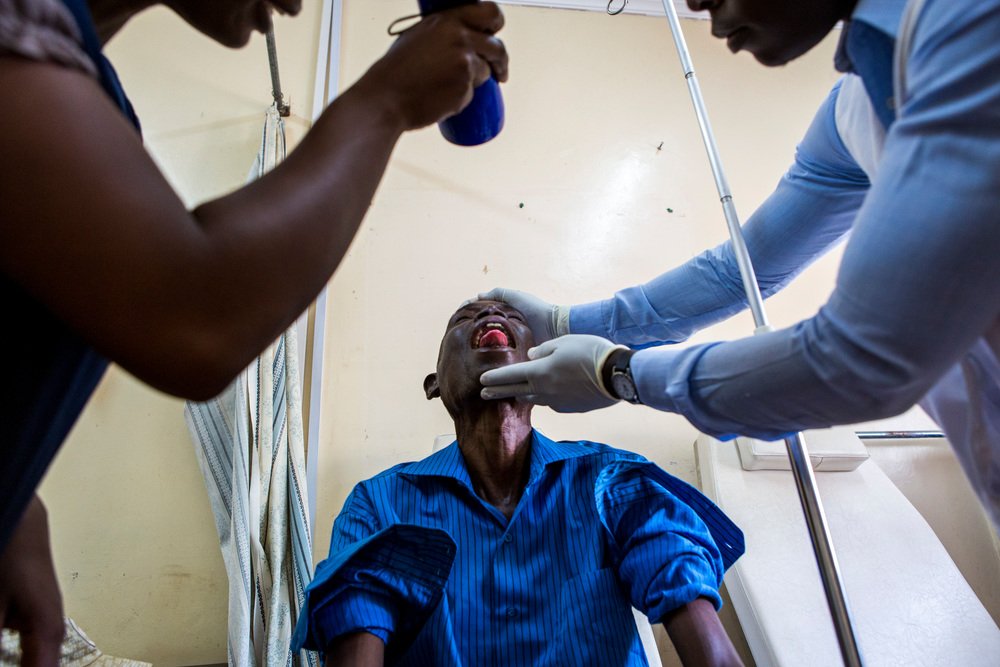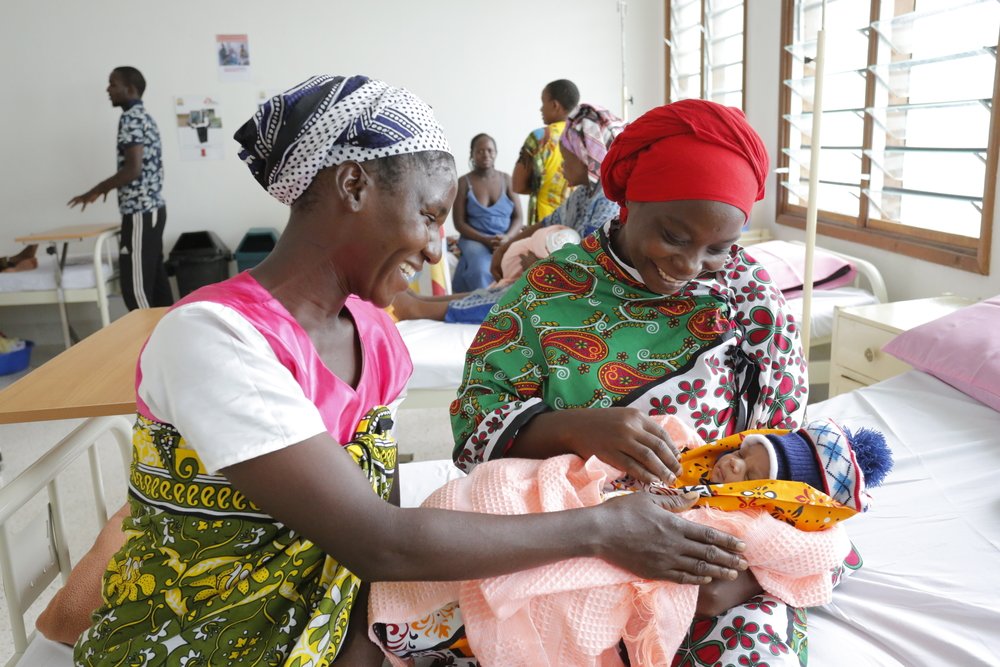Kenya's military entered Somalia in October 2011 to curb the threat of the Islamist militant Al-Shabab movement, which it accused of the kidnap and killing of tourists and aid workers. Since 2013, Al-Shabab has launched an increasingly deadly series of reprisal attacks in Kenya itself.
Médecins Sans Frontières first worked in Kenya in 1987. Our work in the country has continued to provide much-needed medical care in Kenya’s refugee camps and slums, while also responding to public health challenges and outbreaks of disease across the country.
MSF coordinates vaccinations, primary healthcare, nutrition programs, as well as treatment for multi-drug resistant tuberculosis (MDR-TB) and non-communicable diseases (NCDs) like hypertension and diabetes.
HIV Care
Officially, free HIV treatment has been available nationwide for over a decade. Unfortunately, social stigma and long distances prevent many patients from accessing care. MSF works with the Ministry of Health and local communities to run outreach services, including door-to-door visits, testing and counselling, to reduce the spread of HIV and the number of deaths from HIV-related diseases.


